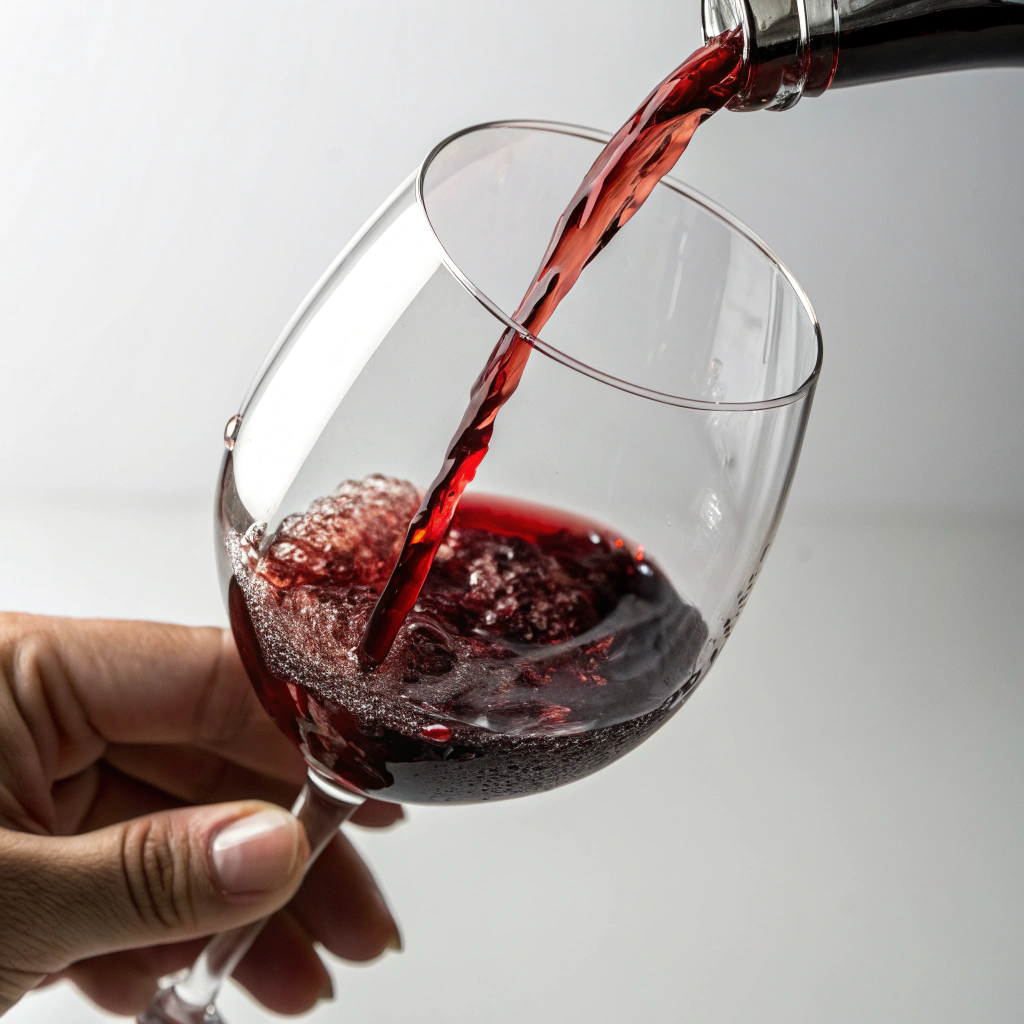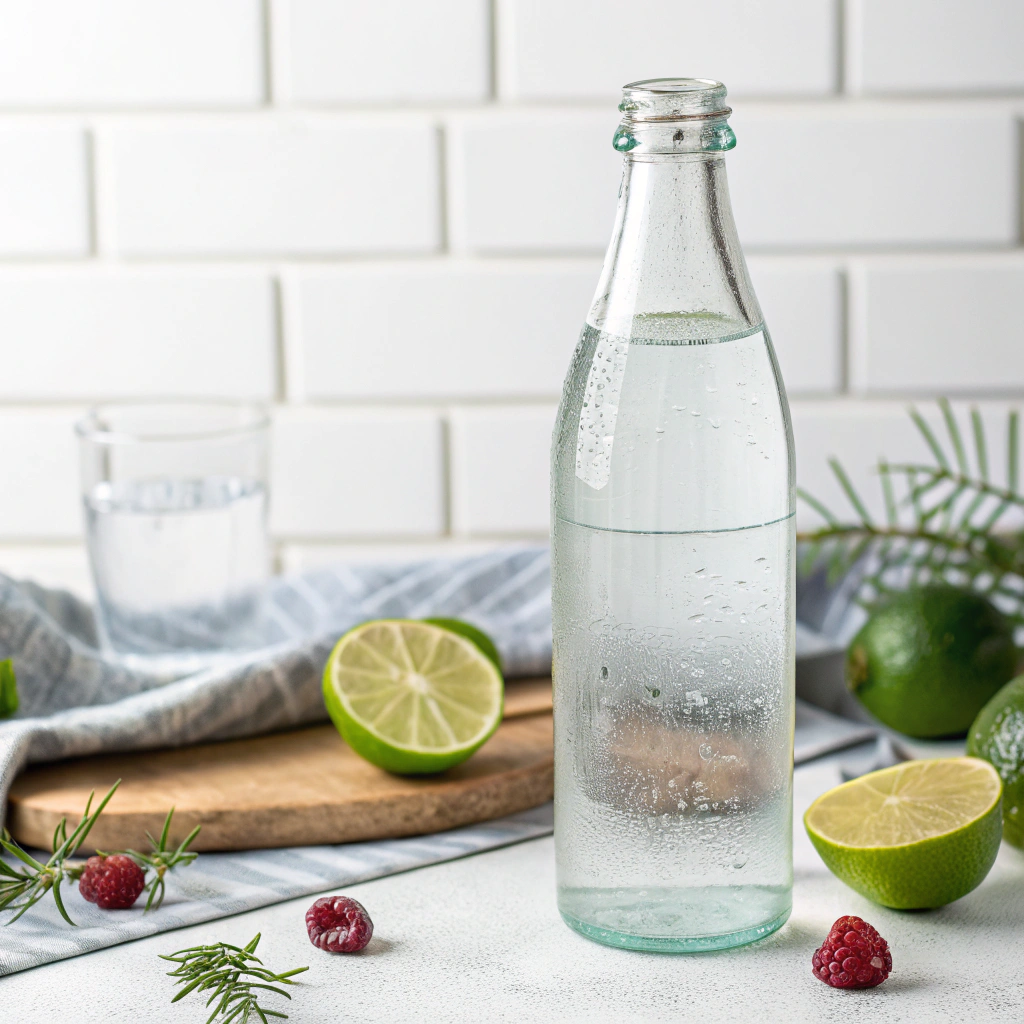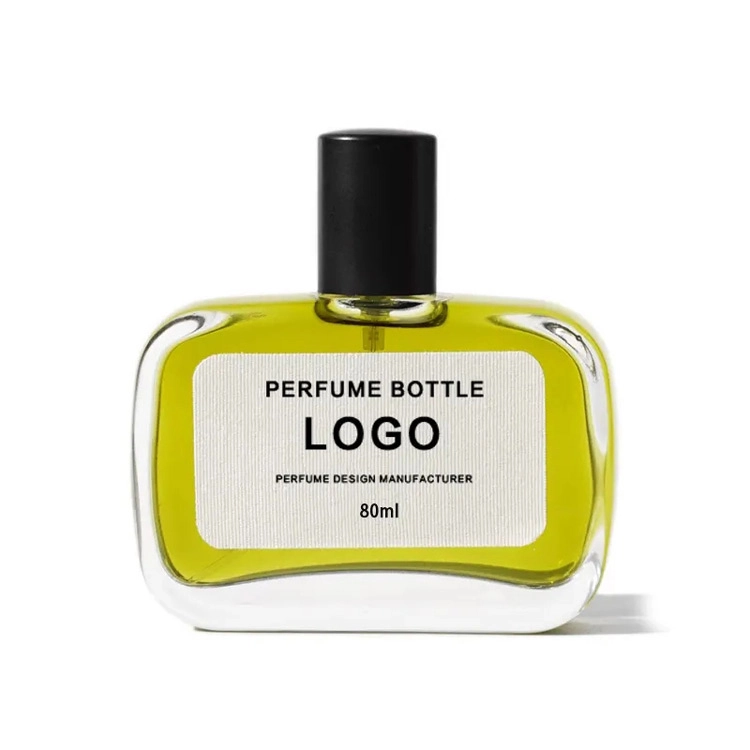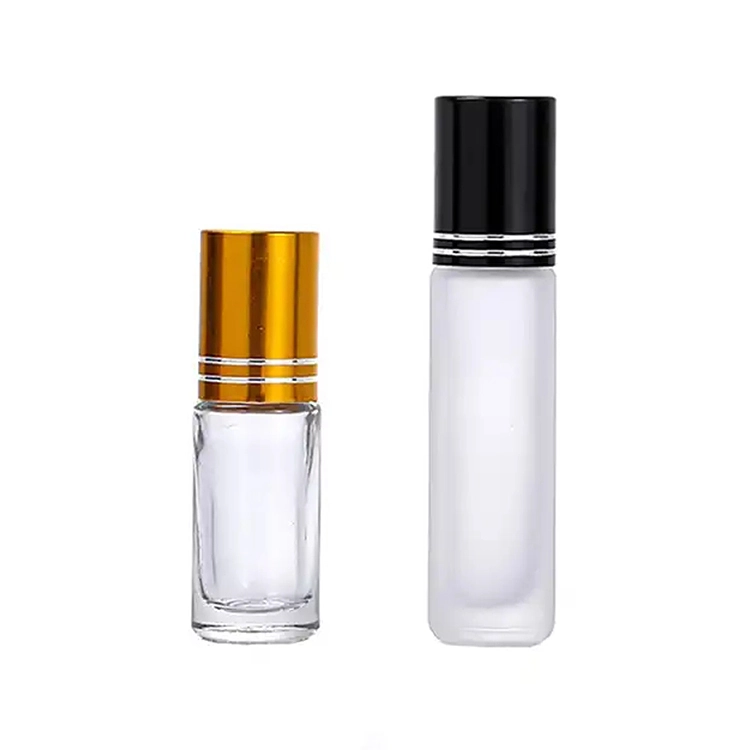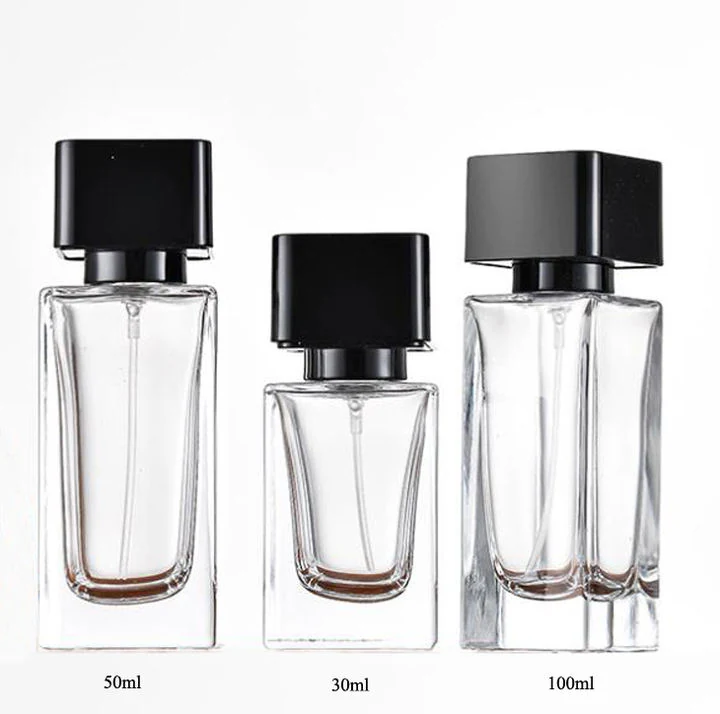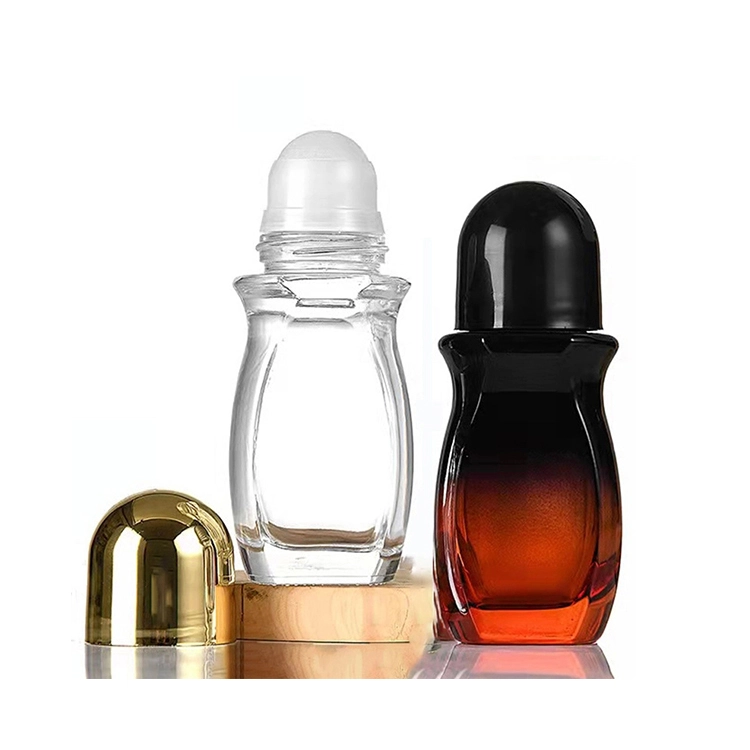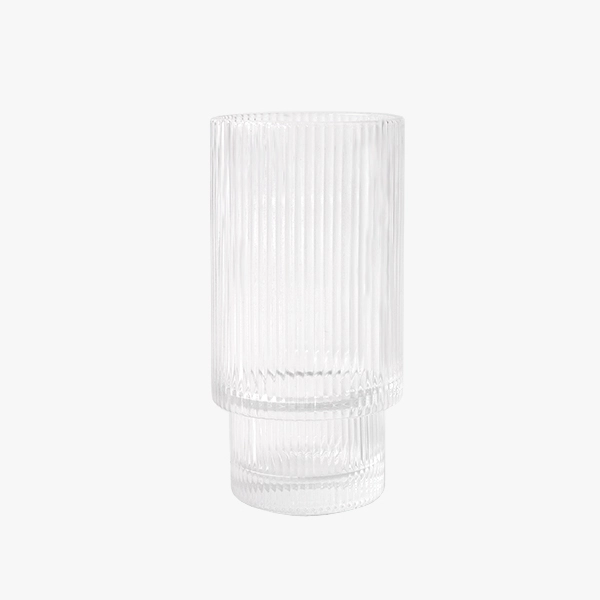
Part 1: Market Size and Growth
Iceland’s glass bottle market is small but strategically important for its beverage, pharmaceutical, and food industries. Beer, spirits, mineral water, and specialty sauces drive most of the demand. Tourism plays a key role, as hotels, bars, and restaurants prefer premium glass packaging.
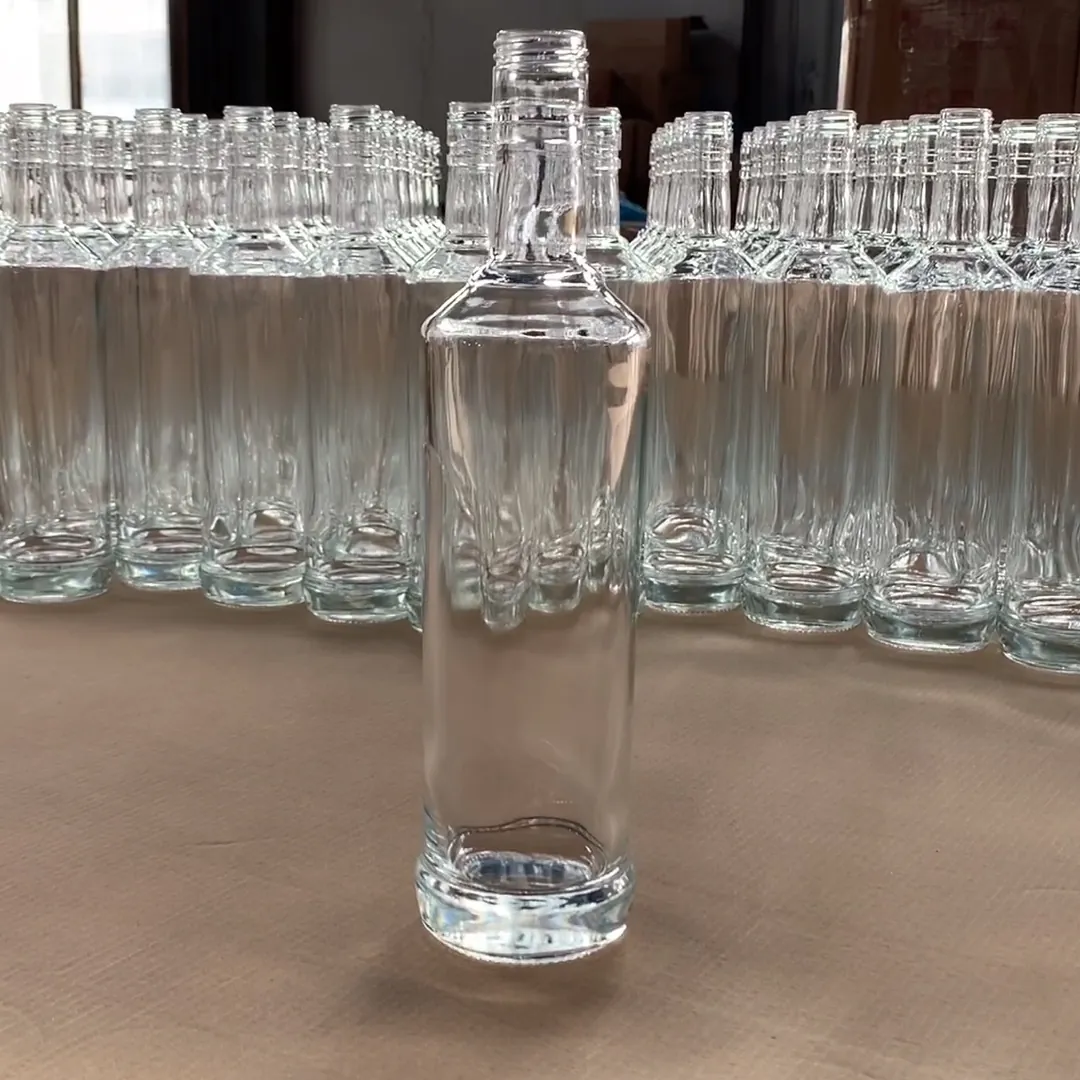
Most glass bottles in Iceland are imported from Northern Europe, particularly Germany, Denmark, and Sweden. Local producers focus on bottling, brewing, and branding, but not on glass manufacturing itself. This reliance on imports makes trade and logistics central to the industry.
Sustainability and recycling are strong cultural values in Iceland. Glass bottles are seen as eco-friendly, reusable, and essential to maintaining product quality.
Part 2: Leading Companies
?lgerein Egill Skallagrímsson
Founded in 1913, ?lgerein is Iceland’s oldest and largest brewery. It produces beer, malt beverages, and soft drinks, many of which are packaged in glass bottles.
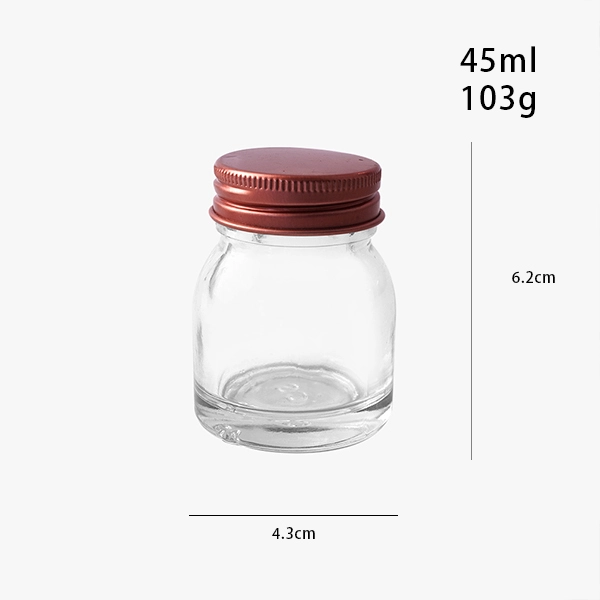
Its portfolio includes Egils Gull beer, malt extract drinks, and soda brands. Glass bottles preserve freshness and provide a premium drinking experience.
The company emphasizes sustainability and recycling, and it holds certifications for environmental and quality standards.
Icelandic Water Holdings (Icelandic Glacial)
Icelandic Water Holdings, founded in 2004, is famous for Icelandic Glacial water. Though PET bottles dominate sales, glass bottles are used for premium hospitality and export markets.
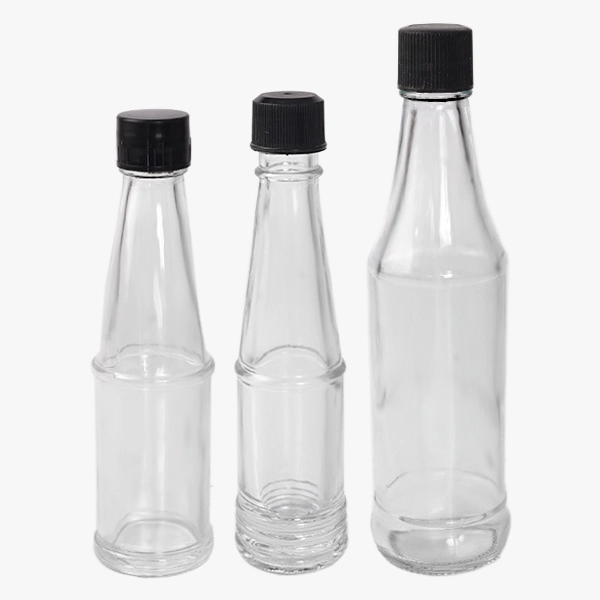
Its products include mineral water in glass bottles for luxury hotels and international buyers. Glass packaging elevates the brand’s premium eco-friendly identity.
The company is certified carbon neutral and recognized for sustainable packaging innovations.
Local Craft Distilleries and Producers
Iceland has a growing craft distillery and food sector that uses glass bottles for spirits, hot sauces, jams, and syrups. Producers like Eimverk Distillery (makers of Flóki Whisky) rely heavily on glass packaging.
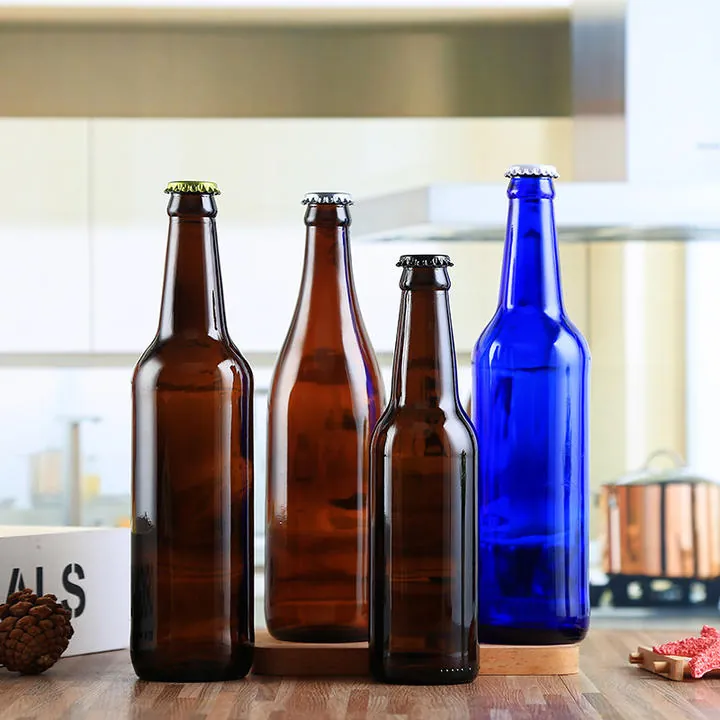
Products include whisky, gin, liqueur bottles, and gourmet jars. Glass packaging enhances authenticity and ensures export compliance.
These companies customize their packaging for international distribution, particularly in Europe and North America.
| Company | Founded | Core Products | Industries | Certifications |
|---|---|---|---|---|
| ?lgerein Egill Skallagrímsson | 1913 | Beer bottles, soda bottles | Breweries, beverages | ISO, Sustainability Certifications |
| Icelandic Water Holdings | 2004 | Mineral water bottles | Premium water, exports | Carbon Neutral Certification |
| Local Craft Distilleries & Producers | 21st century | Whisky, gin, sauces | Spirits, agro-food | Export & Food Safety Standards |
Part 3: Trade Shows and Industry Events
Icelandic Fisheries & Food Expo
This national expo highlights Iceland’s food, beverage, and packaging industries. Local producers showcase products packaged in glass, including beer, water, and gourmet sauces. It is a major platform for innovation and trade.
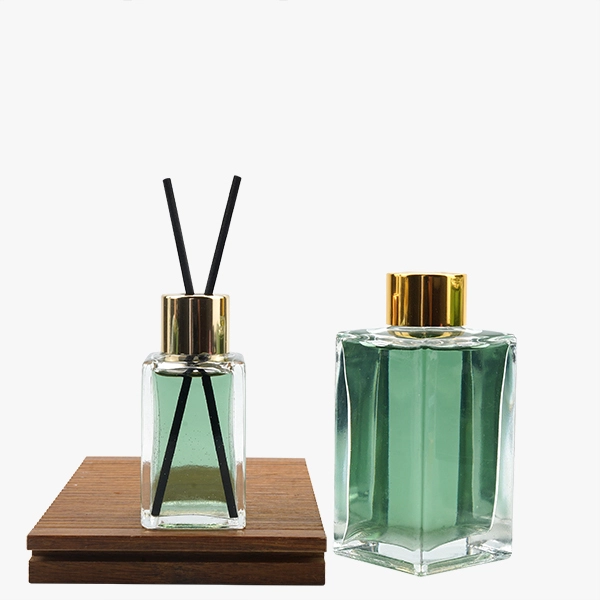
Held in Reykjavík, it attracts exhibitors from Iceland and Northern Europe. Highlights include sustainability sessions, packaging innovation, and networking.
Nordic Food & Beverage Fair
Icelandic companies participate in the Nordic Food & Beverage Fair, a regional event that highlights premium packaging solutions, including glass. It connects Icelandic producers with European buyers.
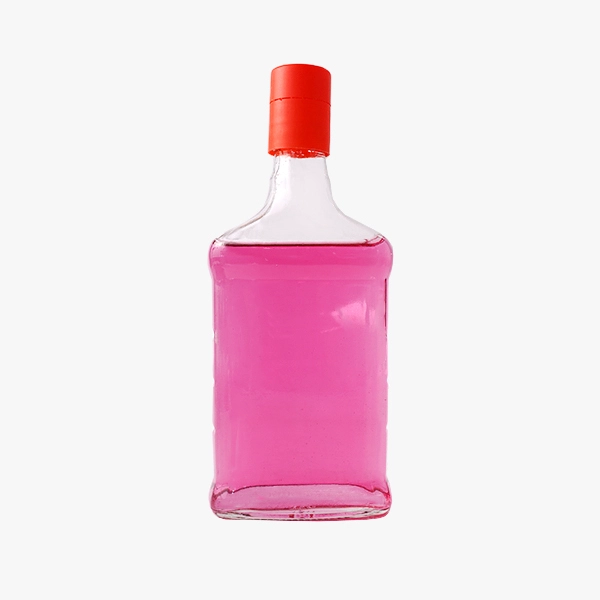
The event rotates across Nordic capitals, featuring eco-friendly packaging, export readiness, and product branding.
| Event | Date | Location | Highlights |
|---|---|---|---|
| Icelandic Fisheries & Food Expo | Annual | Reykjavík, Iceland | Beverage & food packaging, sustainability |
| Nordic Food & Beverage Fair | Biennial | Nordic capitals | Glass packaging, export opportunities |
Part 4: Impact of Global Trade Policies
Iceland imports almost all of its glass bottles, making EU trade agreements and shipping routes crucial. Changes in freight costs and tariffs directly affect bottle availability. This dependency increases supply chain risks.
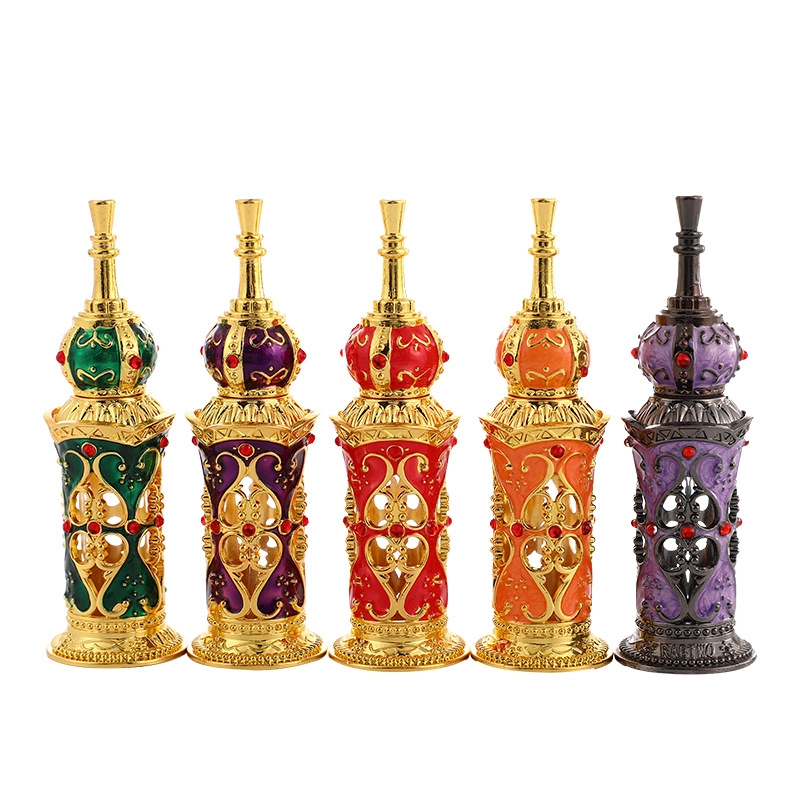
As a member of the EEA (European Economic Area), Iceland benefits from free trade with EU countries. This integration ensures stable supply of bottles from Northern Europe.
Global sustainability standards push Icelandic producers to use recyclable bottles and eco-friendly practices. By following these guidelines, Icelandic brands improve competitiveness in export markets.
Part 5: Conclusion
Iceland’s glass bottle industry is shaped by breweries, water companies, and craft distilleries. Tourism, premium exports, and eco-conscious consumers sustain demand for glass packaging.
Challenges include reliance on imports, shipping costs, and limited domestic production. The future depends on eco-friendly innovation, regional trade, and strong branding in international markets.
Recommended Reading:
- Glass Bottle Manufacturers in Haiti
- Glass Bottle Manufacturers in Guyana
- Glass Bottle Manufacturers in Guinea-Bissau
- Glass Bottle Manufacturers in Guinea
- Glass Bottle Manufacturers in Guatemala
- Glass Bottle Manufacturers in Iraq
- Glass Bottle Manufacturers in Grenada
- Glass Bottle Manufacturers in Georgia
Glass Birdsa€? Nest Honey Jar with Tinplate Lid 50ml 80ml 120ml 150ml
Glass Bottle Manufacturers in Switzerland
10ml Attar Bottle With Electroplating Logo
Glass Bottle Manufacturers in Nicaragua

